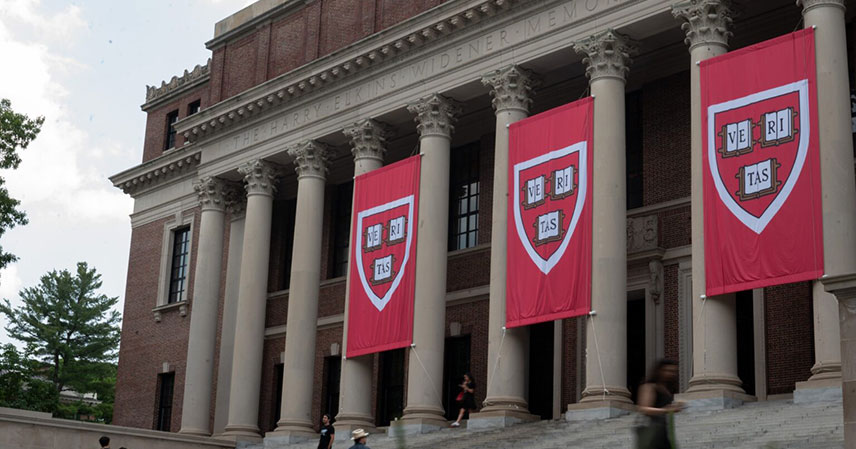In a significant legal victory, Harvard University has secured a court order forcing the Trump administration to release approximately $2.6 billion in frozen funding. This ruling, handed down by US District Judge Allison Burroughs, marks a decisive blow against the administration’s attempts to withhold these crucial funds, highlighting a broader conflict between the government and prestigious academic institutions.
The case underscores a contentious period in US higher education, characterized by political polarization and accusations of bias within universities. The implications of this ruling extend far beyond Harvard, impacting the funding landscape for other universities and potentially setting a precedent for future legal challenges.
What Happened? 📝
The Trump administration initiated the funding freeze, citing concerns about alleged antisemitism at Harvard University. However, Judge Burroughs’ ruling strongly refutes this claim, stating that the administration used the issue of antisemitism as a pretext for a politically motivated attack on leading universities. The judge’s decision mandates the immediate release of the withheld funds to Harvard.
The judge’s opinion directly critiques the Supreme Court’s previous rulings in related cases, suggesting a lack of transparency and a potential disregard for established legal precedents. This criticism adds another layer of complexity to the ongoing legal battle, raising questions about the consistency and fairness of the judicial process.
The Judge’s Scathing Critique ⚖️
Judge Burroughs’ decision wasn’t simply a procedural ruling; it was a strong condemnation of the Trump administration’s actions. The judge’s written opinion clearly states that the administration’s claims of antisemitism were a mere smokescreen to justify what she characterized as an ideologically driven assault on elite universities.
This sharp rebuke underscores the gravity of the situation and the judge’s belief that the administration’s actions were not only unfounded but also potentially malicious in their intent. The language used in the ruling suggests a deliberate attempt to undermine the academic freedom and financial stability of institutions like Harvard.
The Broader Implications for Higher Education 🏛️
The Harvard case has far-reaching implications for the funding of higher education in the United States. The Trump administration’s actions, and the subsequent legal challenge, raise concerns about the politicization of funding decisions and the potential for future attempts to restrict funding based on ideological disagreements.
Many other universities are now watching this case closely, as it could set a precedent for similar legal challenges. The ruling could embolden other institutions to challenge government actions they perceive as politically motivated or discriminatory. This could lead to further legal battles and increased scrutiny of government oversight of higher education.
The Road Ahead: Appeals and Future Legal Battles 🛣️
Despite this significant victory for Harvard, the legal battle is far from over. The Trump administration is expected to appeal the ruling, potentially leading to a protracted legal fight that could ultimately reach the Supreme Court. The outcome of this appeal will significantly impact the future of university funding and the relationship between the government and higher education institutions.
The appeal process could take months, even years, to resolve. During this time, the uncertainty surrounding university funding will continue to affect institutional planning and resource allocation. The final outcome will undoubtedly have lasting effects on the landscape of American higher education.
Key Takeaways 🔑
- A federal judge ordered the Trump administration to release $2.6 billion in frozen funding to Harvard University.
- The judge’s ruling criticized the administration for using antisemitism as a pretext for a politically motivated attack on universities.
- The decision has broad implications for higher education funding and could set a precedent for future legal challenges.
- The Trump administration is expected to appeal the ruling, potentially leading to a lengthy legal battle.
- The case highlights the growing tensions between the government and universities, particularly regarding funding and political influence.
The Harvard case serves as a stark reminder of the complex interplay between politics, funding, and higher education. The ongoing legal battle, similar to the recent Supreme Court ruling on science funding cuts, will undoubtedly continue to shape the landscape of American universities for years to come, impacting not only funding but also the very nature of academic freedom.
Source: Harvard beats Trump as judge orders US to restore $2.6 billion in funding



